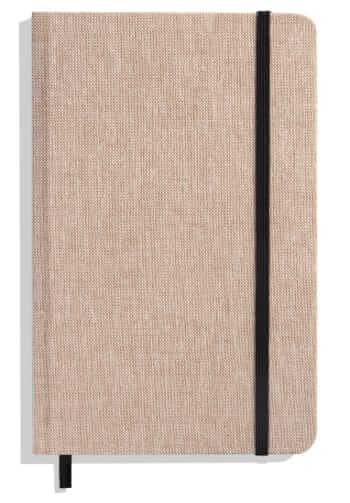
Gratitude is highly effective. It is a transformative emotion that is been revered by cultures throughout the globe for hundreds of years. Past its cultural and religious significance, science has delved into the research of what being grateful actually does for our physique and thoughts—uncovering its profound influence on psychological, emotional and bodily well-being. It is linked to all the things from happiness and life satisfaction to much less nervousness and melancholy.

However what are we speaking about once we say “gratitude”? Most individuals have an instinctive understanding of what gratitude is, however it may be surprisingly tough to outline. Is it an emotion? A advantage? A habits? Certainly, gratitude can imply various things to totally different individuals in several contexts. In its easiest kind, gratitude refers to a state of thankfulness. And researchers at UC Berkley recommend (PDF) that gratitude just isn’t merely a cultural assemble. They discovered it has deep roots which can be embedded in our evolutionary historical past, our brains and DNA.
Psychologists from Yale discovered that gratitude is crucial for happiness. They level to analysis that finds grateful individuals are typically happier. This analysis additionally makes historic sense. Gratitude is within the texts of all main religions, and philosophers have lengthy opined about its significance. The revered Roman thinker Cicero famously stated gratitude “just isn’t solely the best, however can be the dad or mum of all the opposite virtues.”
However, regardless of all this, being grateful simply is not our default setting, is it? If it have been, we in all probability would not want all of the reminders. However there is a scientific rationalization for this, as properly. The “hedonic treadmill” is a speculation that the American Psychological Association says that for higher or worse, “individuals’s happiness tends to return to a preexisting baseline stage after constructive or destructive life occasions have occurred.” In different phrases, we finally adapt to our environment, so any scenario turns into “regular” irrespective of how good we at the moment have it. We downshift into on a regular basis mode.
That is why it is essential to look and savor issues for which to be grateful. Robert Emmons, professor of psychology on the College of California, defines gratitude as having two components. The primary is an affirmation of goodness: Folks can study to note the items they’ve obtained. The second half is recognizing that the supply of this goodness rests outdoors of oneself—that we regularly obtain it from different individuals, and generally from a better energy, destiny or the pure world. In different phrases, gratitude helps individuals understand that they would not be the place they’re with out the assistance of others. And that is a very good state during which to search out your self.
Usually, people are extra cognitively conscious of the boundaries they face (name them “headwinds”) than the advantages they obtain (or “tailwinds”). By paying extra consideration to our tailwinds, research have proven that we will intensify emotions of happiness, optimism and constructive emotion. “Strengthening your constructive recall bias makes it simpler to see the great issues round you even when instances are darkish,” says Nancy Davis Kho, in her guide, The Thank-You Project. For that challenge, she wrote gratitude letters to 50 people in her life.
And you’ve got little doubt heard of the apply of gratitude journaling. The purpose with that’s to assist open your eyes to the tailwinds in your life. By being extra acutely aware of the belongings you’re grateful for, you may see the world in a complete new perspective. And those that are practising gratitude are likely to have fewer well being complaints and sleep issues. That alone is value scratching out a number of journal entries, proper? However Michael Easter, creator of Scarcity Brain, says we could should go even additional. He says we now have extra of all the things as of late. “One of the best path to gratitude is to sometimes power your self into shortage.” That is supported not simply by trendy analysis however by historical knowledge too. “This is the reason religions have practices like Lent and Ramadan.” Solely if you go with out are you able to understand how nice it’s to have and simply how a lot of the trendy world is undeniably superb. “That is likely to be time within the wilderness, completely faraway from trendy comforts,” he says. “Or it could possibly be choosing a consolation or two and going with out for some time. Once we get these issues again, we will really expertise how great they’re.”
It is compelling proof for the transformative energy of this emotion on our psychological, emotional, and bodily well being, do not you assume? As analysis continues to unfold, integrating gratitude practices into each day life looks like the key sauce for cultivating a constructive and resilient mindset. And we’re grateful for that.
Trending Merchandise











